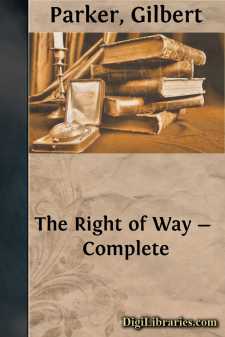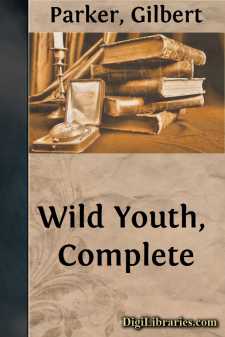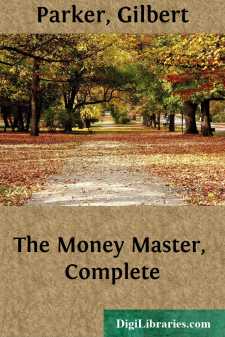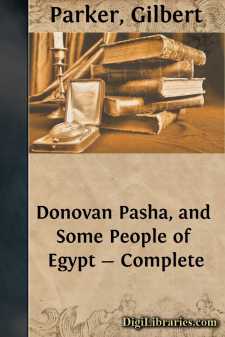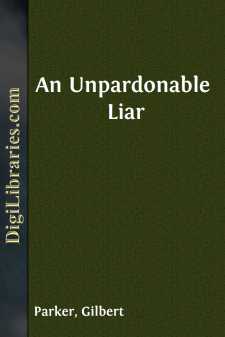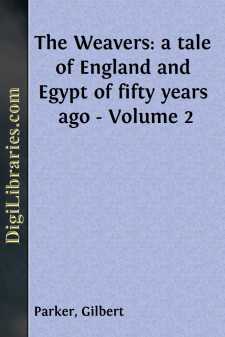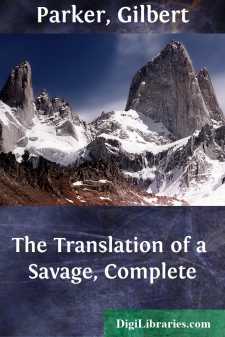Categories
- Antiques & Collectibles 13
- Architecture 36
- Art 48
- Bibles 22
- Biography & Autobiography 814
- Body, Mind & Spirit 145
- Business & Economics 28
- Children's Books 17
- Children's Fiction 14
- Computers 4
- Cooking 94
- Crafts & Hobbies 4
- Drama 346
- Education 58
- Family & Relationships 59
- Fiction 11834
- Foreign Language Study 3
- Games 19
- Gardening 17
- Health & Fitness 34
- History 1378
- House & Home 1
- Humor 147
- Juvenile Fiction 1873
- Juvenile Nonfiction 202
- Language Arts & Disciplines 89
- Law 16
- Literary Collections 686
- Literary Criticism 179
- Mathematics 13
- Medical 41
- Music 40
- Nature 179
- Non-Classifiable 1768
- Performing Arts 7
- Periodicals 1453
- Philosophy 66
- Photography 2
- Poetry 897
- Political Science 203
- Psychology 45
- Reference 154
- Religion 516
- Science 126
- Self-Help 85
- Social Science 82
- Sports & Recreation 34
- Study Aids 3
- Technology & Engineering 59
- Transportation 23
- Travel 463
- True Crime 29
Our website is made possible by displaying online advertisements to our visitors.
Please consider supporting us by disabling your ad blocker.
The Right of Way - Complete
by: Gilbert Parker
Description:
Excerpt
CHAPTER I. THE WAY TO THE VERDICT
"Not guilty, your Honour!"
A hundred atmospheres had seemed pressing down on the fretted people in the crowded court-room. As the discordant treble of the huge foreman of the jury squeaked over the mass of gaping humanity, which had twitched at skirts, drawn purposeless hands across prickling faces, and kept nervous legs at a gallop, the smothering weights of elastic air lifted suddenly, a great suspiration of relief swept through the place like a breeze, and in a far corner of the gallery a woman laughed outright.
The judge looked up reprovingly at the gallery; the clerk of the court angrily called "Silence!" towards the offending corner, and seven or eight hundred eyes raced between three centres of interest—the judge, the prisoner, and the prisoner's counsel. Perhaps more people looked at the prisoner's counsel than at the prisoner, certainly far more than looked at the judge.
Never was a verdict more unexpected. If a poll had been taken of the judgment of the population twenty-four hours before, a great majority would have been found believing that there was no escape for the prisoner, who was accused of murdering a wealthy timber merchant. The minority would have based their belief that the prisoner had a chance of escape, not on his possible innocence, not on insufficient evidence, but on a curious faith in the prisoner's lawyer. This minority would not have been composed of the friends of the lawyer alone, but of outside spectators, who, because Charley Steele had never lost a criminal case, attached to him a certain incapacity for bad luck; and of very young men, who looked upon him as the perfect pattern of the person good to see and hard to understand.
During the first two days of the trial the case had gone wholly against the prisoner, who had given his name as Joseph Nadeau. Witnesses had heard him quarrelling with the murdered man, and the next day the body of the victim had been found by the roadside. The prisoner was a stranger in the lumber-camp where the deed was done, and while there had been morose and lived apart; no one knew him; and he refused to tell even his lawyer whence he came, or what his origin, or to bring witnesses from his home to speak for his character.
One by one the points had been made against him—with no perceptible effect upon Charley Steele, who seemed the one cool, undisturbed person in the courtroom.
Indifferent as he seemed, seldom speaking to the prisoner, often looking out of the windows to the cool green trees far over on the hill, absorbed and unbusinesslike, yet judge and jury came to see, before the second day was done, that he had let no essential thing pass, that the questions he asked had either a pregnant aptness, opened up new avenues of deliberation, or were touched with mystery—seemed to have a longer reach than the moment or the hour.
Before the end of this second day, however, more attention was upon him than upon the prisoner, and nine-tenths of the people in the court-room could have told how many fine linen handkerchiefs he used during the afternoon, how many times he adjusted his monocle to look at the judge meditatively....


